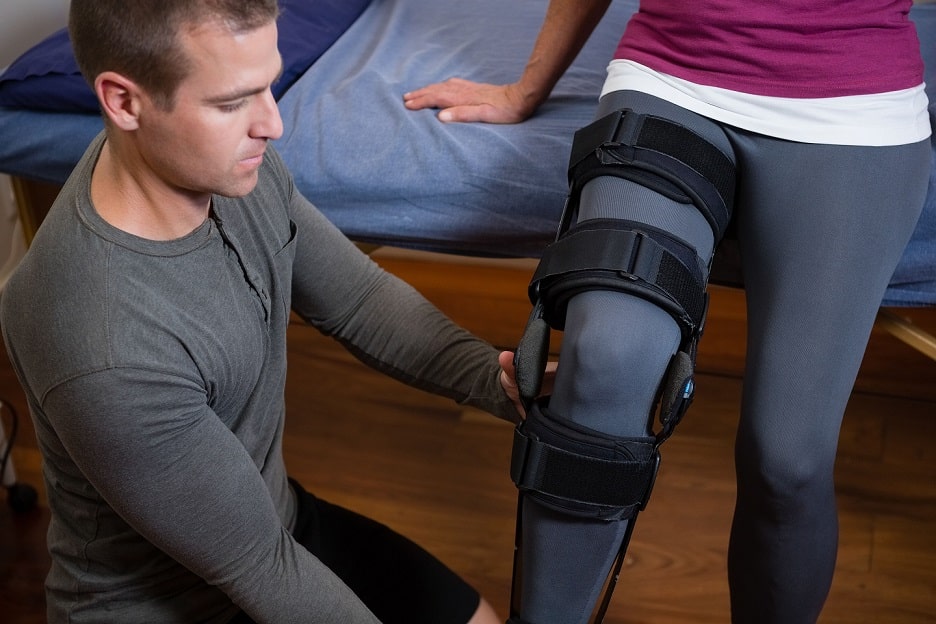 A recent case heard at the end of 2009 has ruled that by accepting ownership of land you owe a duty of care to the visitor of the land under the Occupiers Liability Act 1957.
A recent case heard at the end of 2009 has ruled that by accepting ownership of land you owe a duty of care to the visitor of the land under the Occupiers Liability Act 1957.
The case of Jonathan Harvey v Plymouth City Council (2009) concerned the Claimant (Harvey) whom sustained serious injuries after falling on the Defendant’s property and falling some 5 1/2 metres. The Claimant had been out drinking with his friends when they ran on to the Defendant’s land. The Claimant fell over some broken fencing causing him to fall down in to the car park of a Tesco’s supermarket. The Claimant was left with serious brain injuries.
The local authority argued that they did not know that the property was owned by them at the time of the accident and therefore could not have taken reasonable steps to ensure that the land was reasonably safe. It is understood that some 8 years before Mr Harveys accident the Tesco’s supermarket had licensed the land from the local authority for a period of 2 years. After the expiry of this 2 years period the local authority (the Defendant’s to this claim) did not take any steps to inspect or maintain the land (although they did mow the nearby grass verge).
The Claimant’s representatives made extensive enquiries into the land and the use of it and revealed that the land had evidence of gathering of large groups of youths whereby smoking and drinking were all evidenced in the area. The Claimant’s representatives therefore argued that it was reasonably foreseeable that youths congregate around the area and more importantly, they might be ‘fooling around’. They concluded that the Claimant was a visitor to the property and was owed a duty of care by the local authority under the Occupiers Liability Act 1957 – the local authority had breached this duty.
The local authority maintained that they could not owe any duty of care as they were not aware they owned or occupied the land in question.
However, the local authority did admit that they owned the land.
It was held that the local authority knew they owned the land before Tesco’s development; they therefore would have known that Tesco only licensed the land for a period of 2 years – ultimately they should have therefore taken steps to consider what needed to be done with the land to ensure it was safe for use by the public after this 2 year period had expired.
It was further held that it did not need to be proved that the local authority had ‘actual knowledge’ of how the land was being used before individuals using the land became visitors under the Occupiers Liability Act and thus owed a duty of care. The fact that the local authority accepted that it owned the land meant that they should have considered/known how the land might have been reasonably used.
Unfortunately, Mr Harveys damages were reduced by some 75% due to the fact that he had been drinking and his judgment was therefore impaired. It was deemed that had he been sober he would have been much more aware of his surroundings and it is highly likely he would not have run on to the land as he had.
This is an important case for slip and trip claims against local authorities as it will make it more difficult for authorities to remove themselves from their liabilities. If they accept that they own the land (regardless of whether or not they claim to ‘know’ they own the land) whereby you sustained an injury due to a defect, then they owe you a duty of care under the Occupiers Liability Act 1957 (this will not be so straight forward if you are found to be trespassing on property). If the local authority can then not provide evidence to show that they have a reasonable system of inspection and maintenance in place, then it is much more likely that you will succeed in a claim against them.

 A recent case heard at the end of 2009 has ruled that by accepting ownership of land you owe a duty of care to the visitor of the land under the Occupiers Liability Act 1957.
A recent case heard at the end of 2009 has ruled that by accepting ownership of land you owe a duty of care to the visitor of the land under the Occupiers Liability Act 1957.









